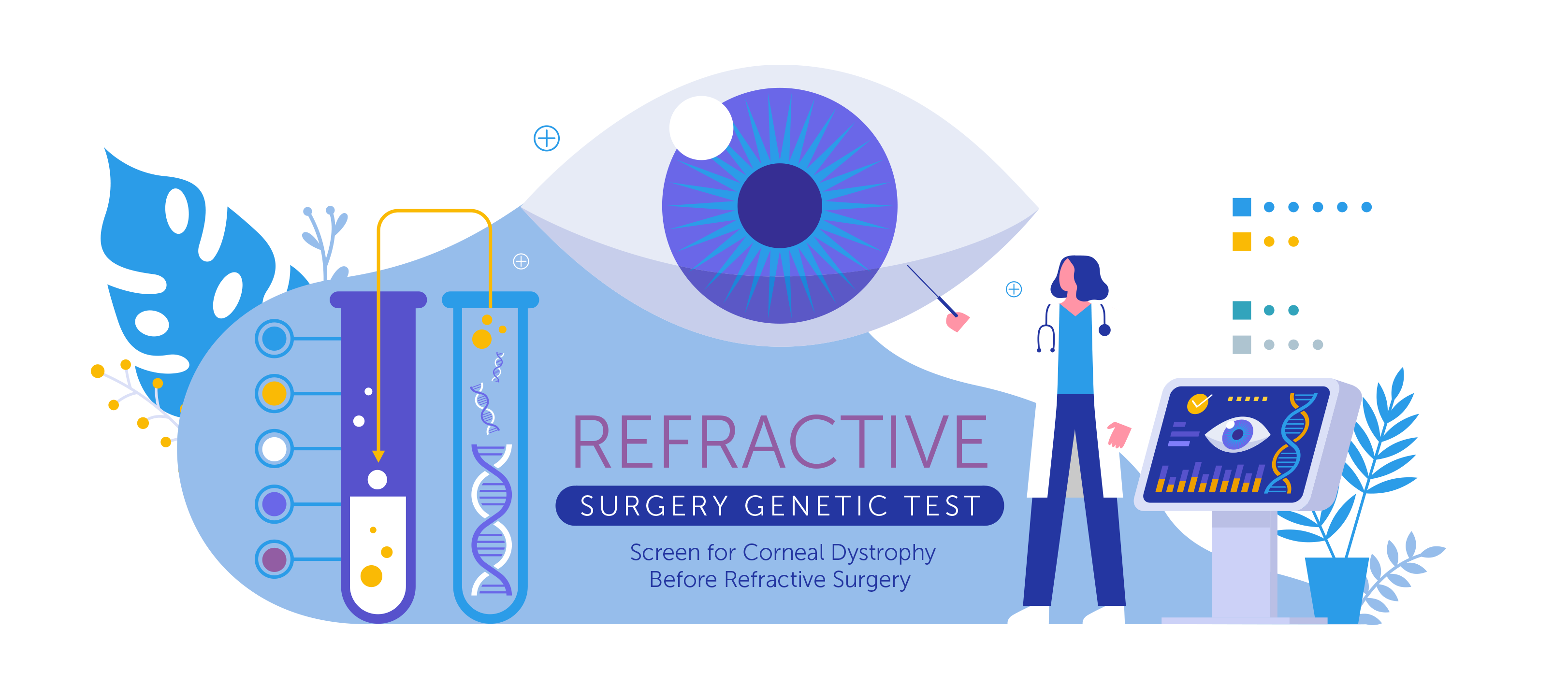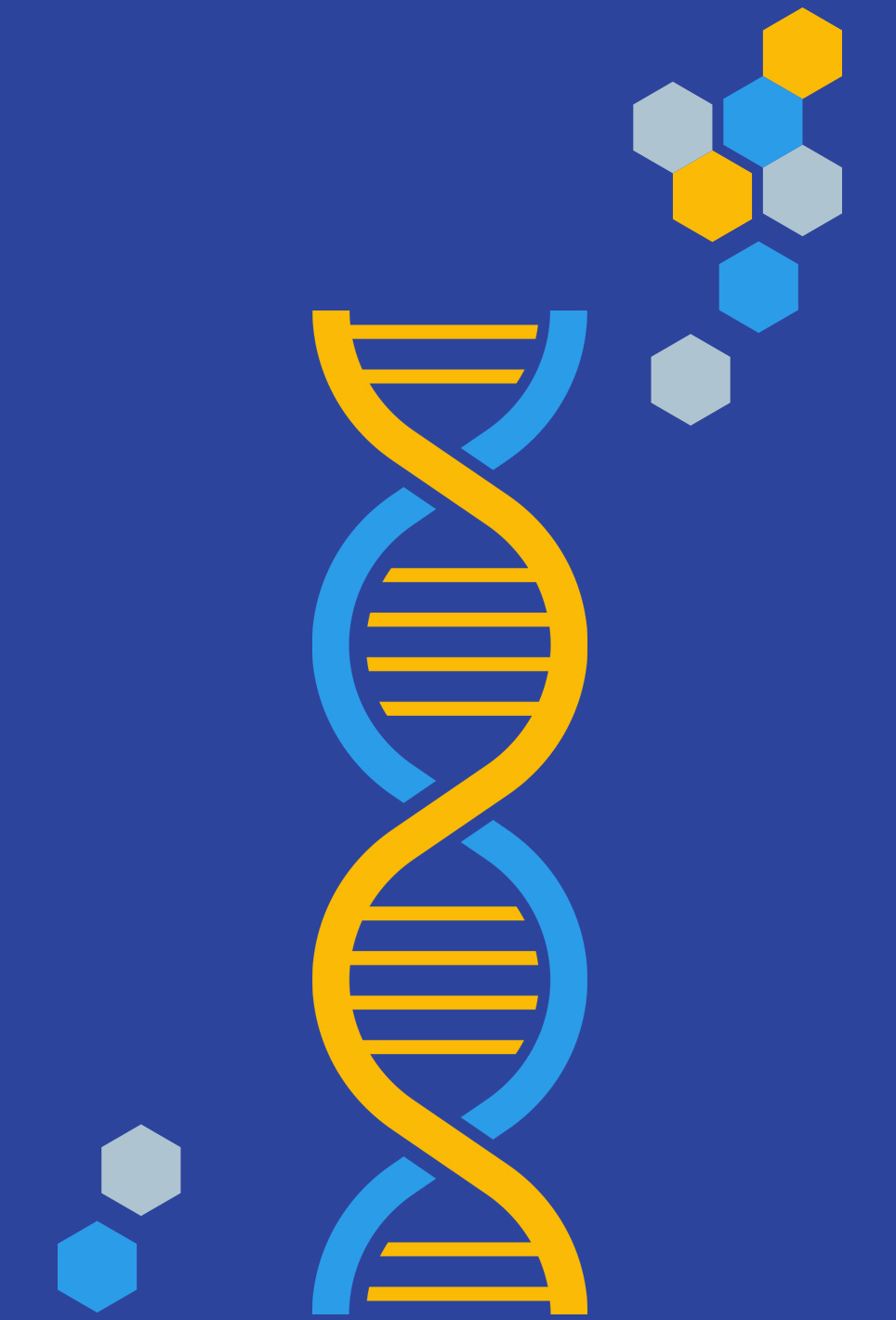
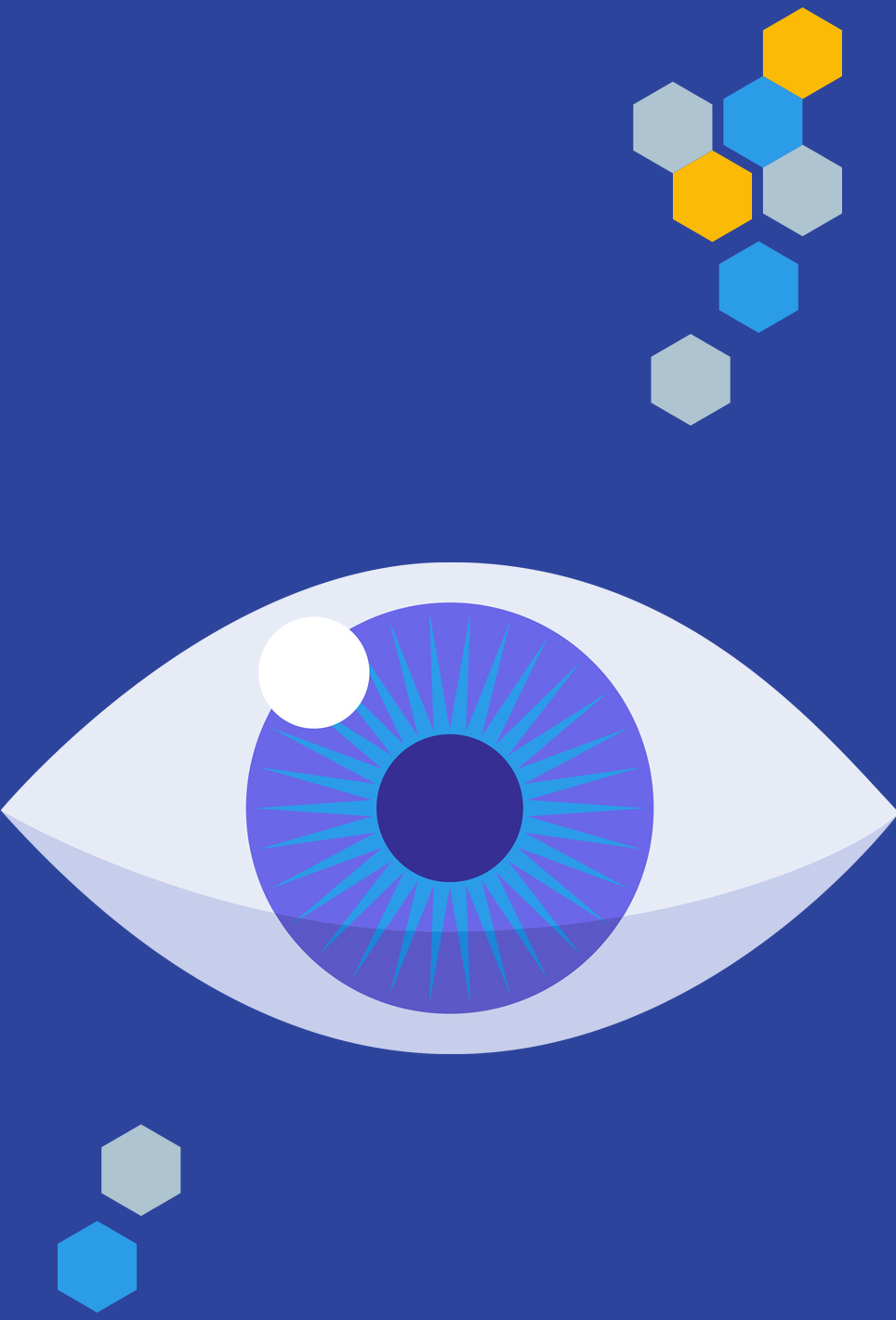
A New Dimension to
Eyes Examination before
Refractive Surgery Genetic Test
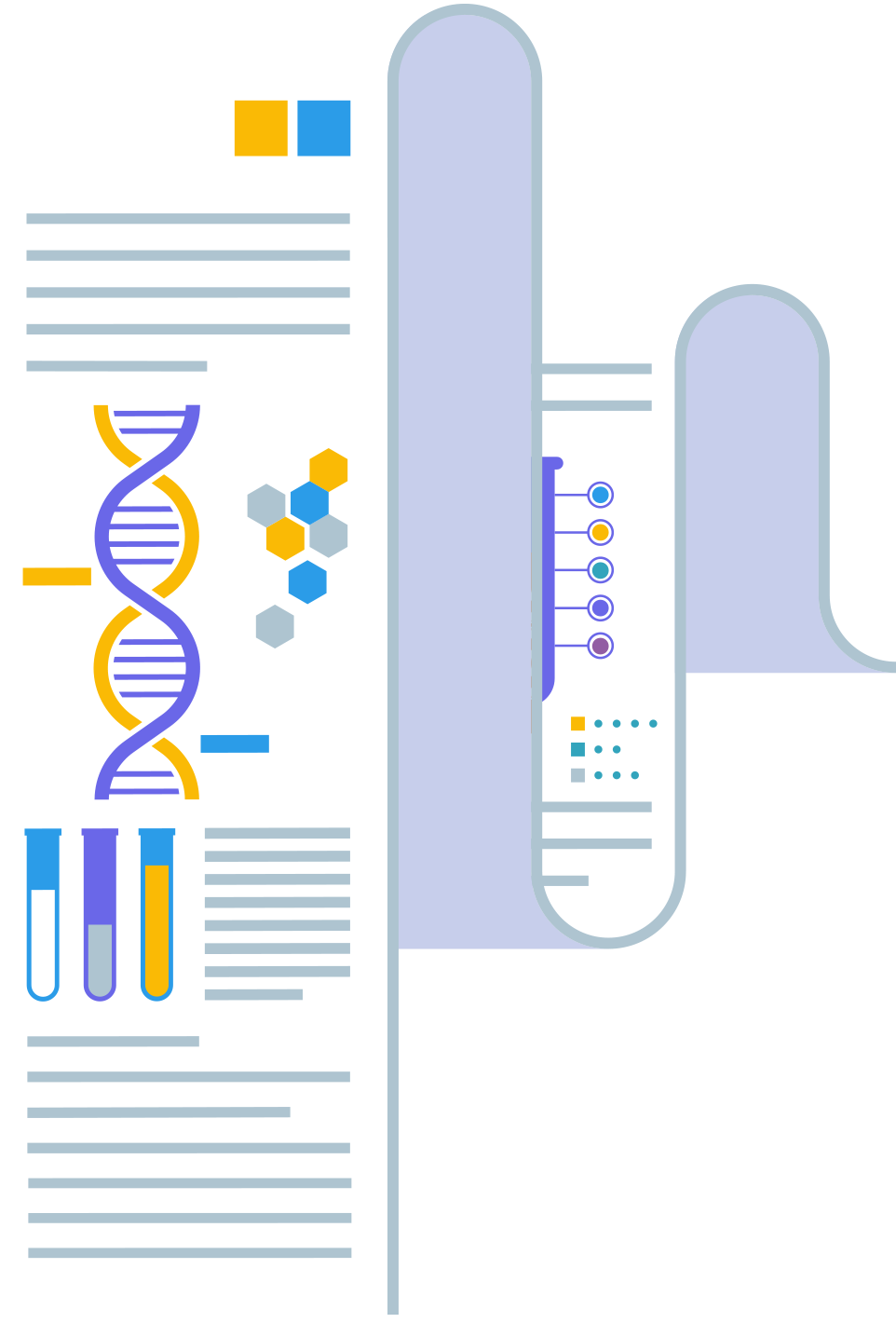
Refractive Surgery
Genetic Test
A groundbreaking genetic testing solution is designed to enhance the safety of refractive surgeries, this advanced diagnostic tool is particularly relevant for patients considering SMILE, LASIK, or LASEK procedures. By incorporating in-depth genetic analysis, we add a new dimension to your ophthalmic examinations, empowering you to achieve the highest standards in safer refractive surgery.
Precision Genetic Testing:
A Powerful Complement to Routine
Ophthalmic Examinations
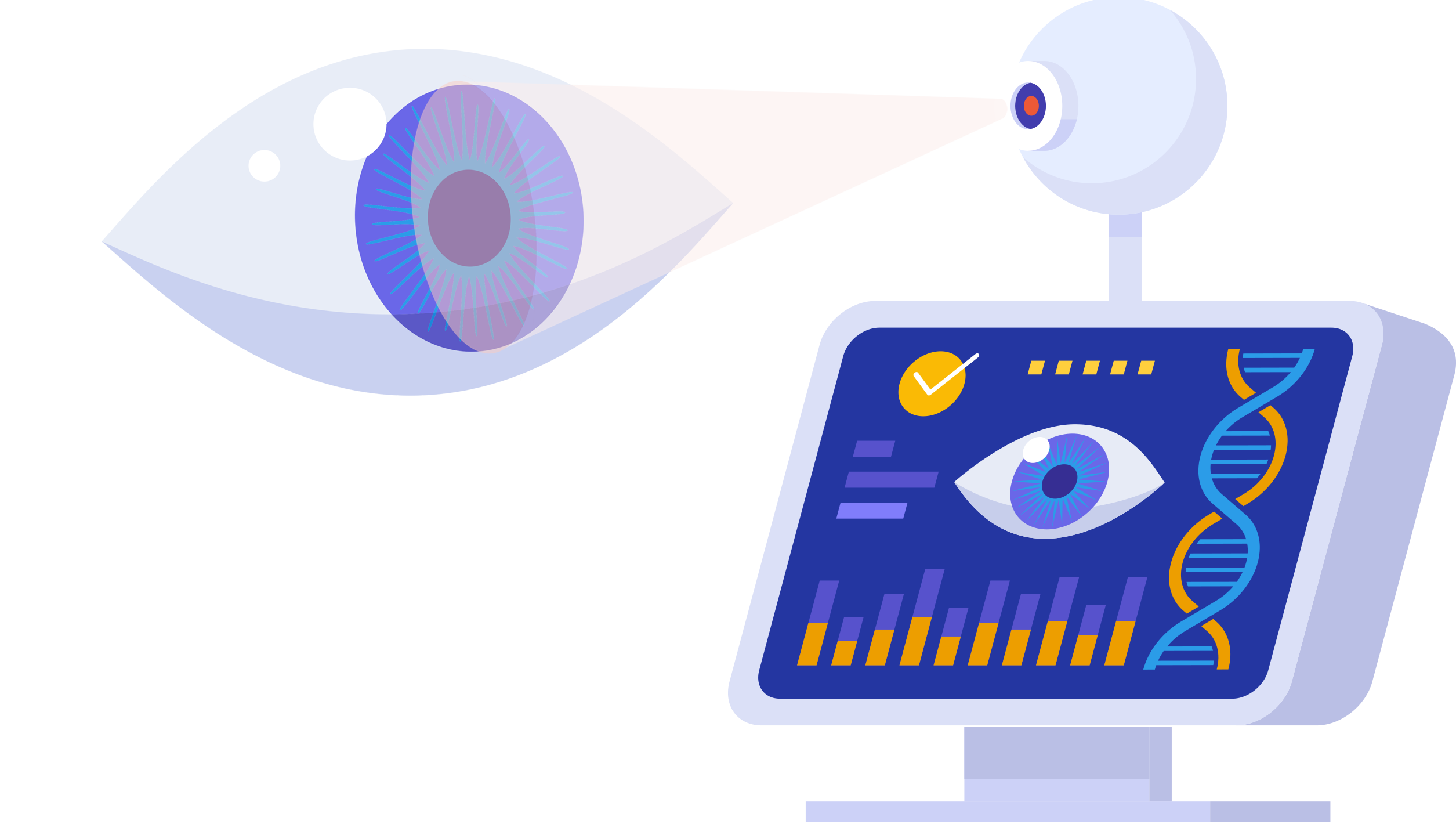
Traditional ophthalmic equipment-based examinations have inherent limitations in detecting genetic mutations associated with corneal dystrophies. These limitations can lead to overlooked potential risks, impacting the safety profile of refractive surgery. Our genetic testing service effectively addresses these shortcomings, providing a more comprehensive diagnostic insight.

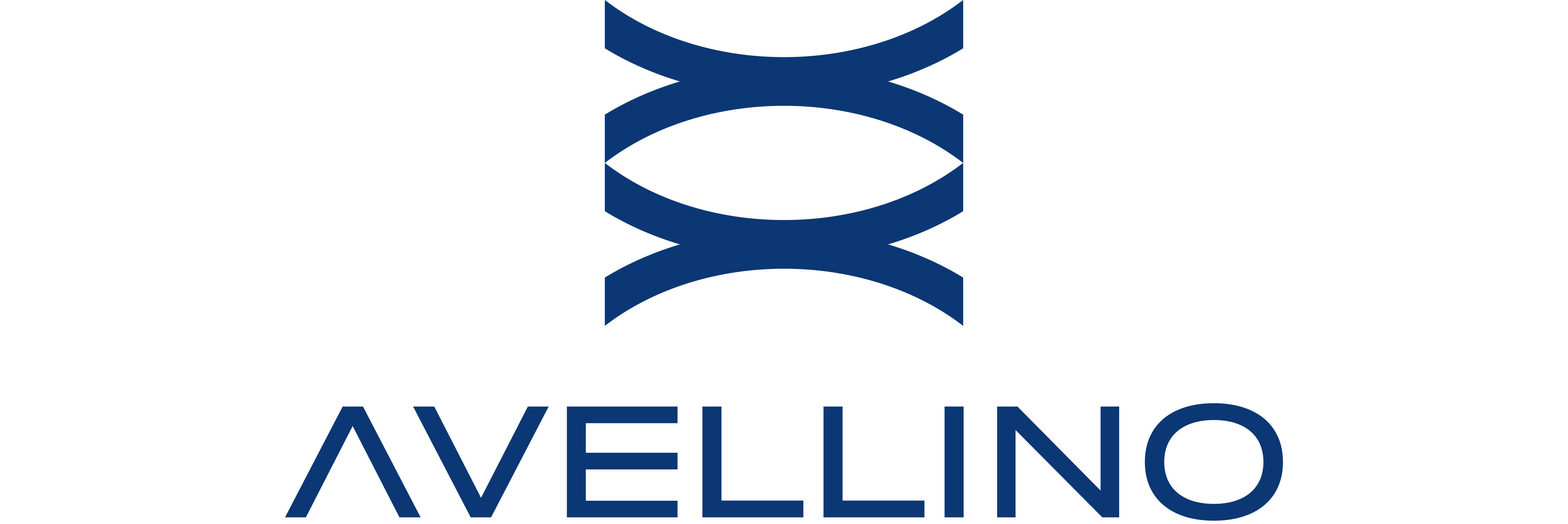
Refractive Surgery Genetic Test
Screens for all 5 common TGFBI gene mutations in a single test, including GCD1, GCD2, LCD1, Reis-Bucklers, and Thiel-Behnke corneal dystrophies, which covering the majority of corneal dystrophy cases.
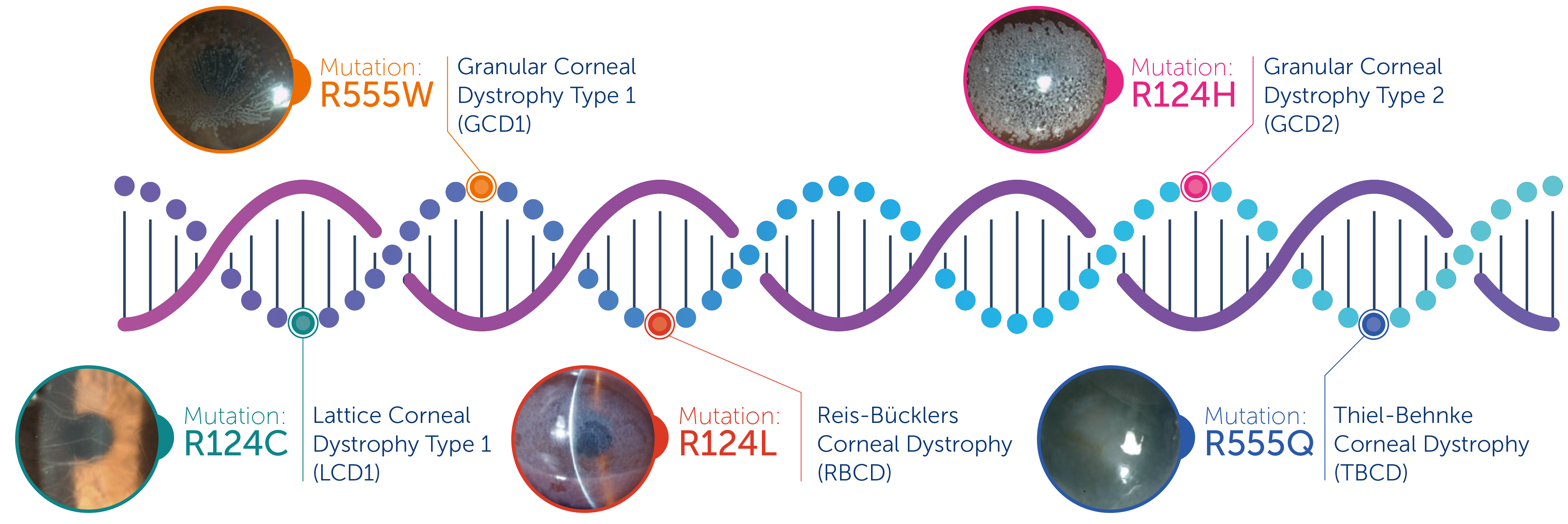
screening
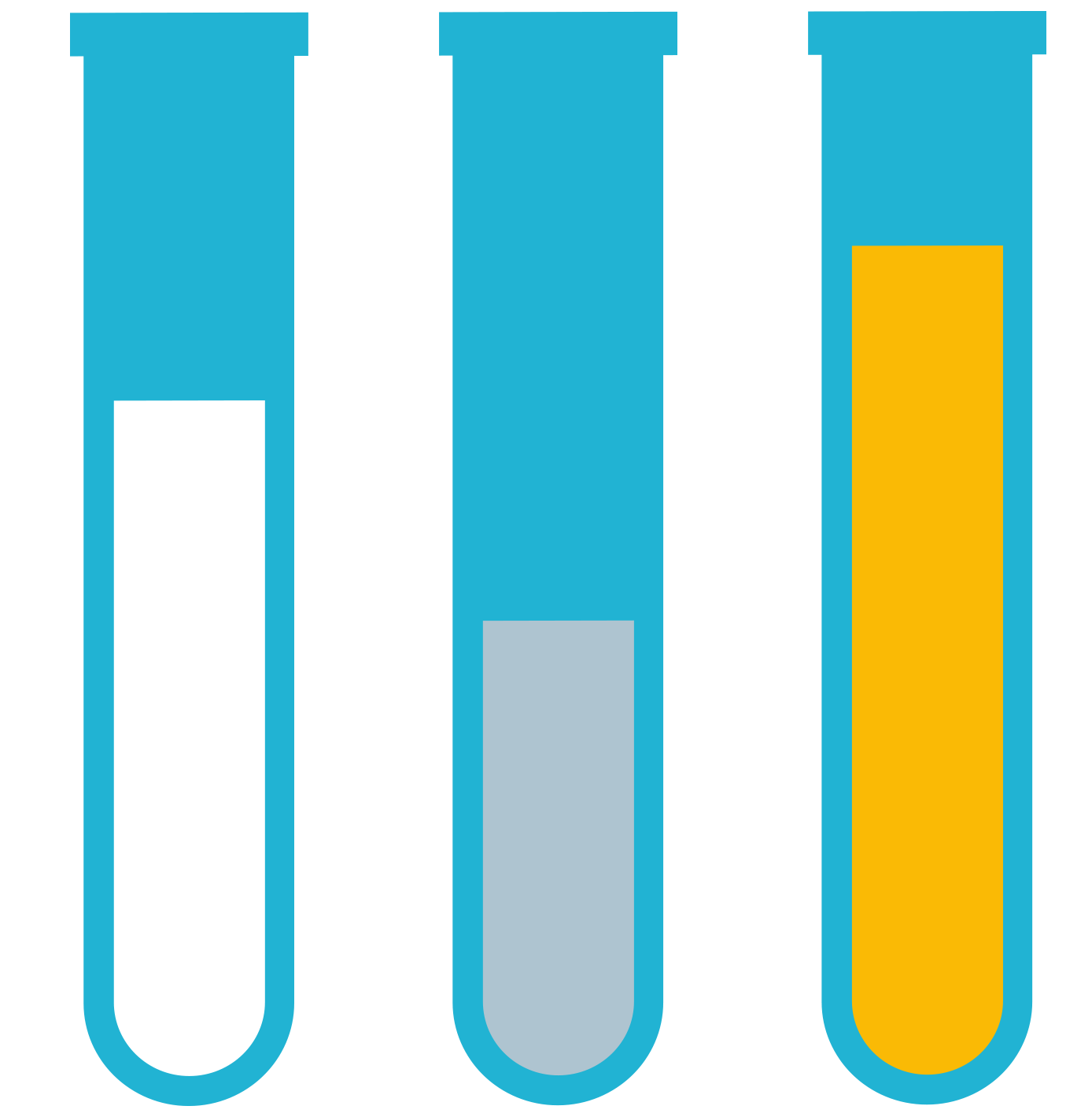
Prevent potential complications from refractive surgery and safeguard long-term ocular health.
Why perform the
Avellino Refractive Surgery Genetic Test?
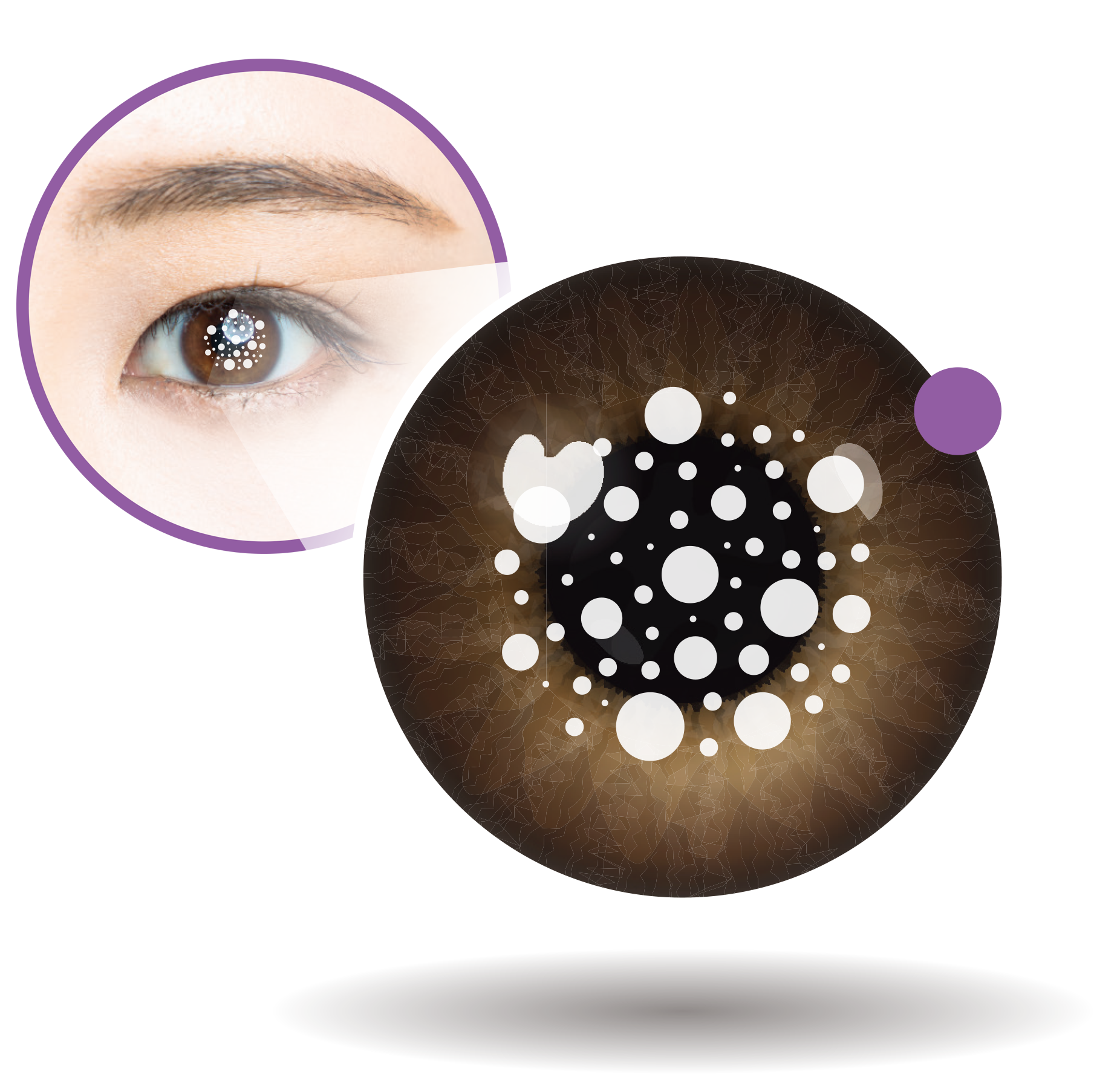
Cornea with Corneal Dystrophy
Asymptomatic before surgery
No signs before surgery: Genetic testing can detect potential corneal dystrophy risks early, even if preoperative examinations do not reveal any abnormalities. Many researches have proven that refractive surgery can accelerate the progression of the diseases.
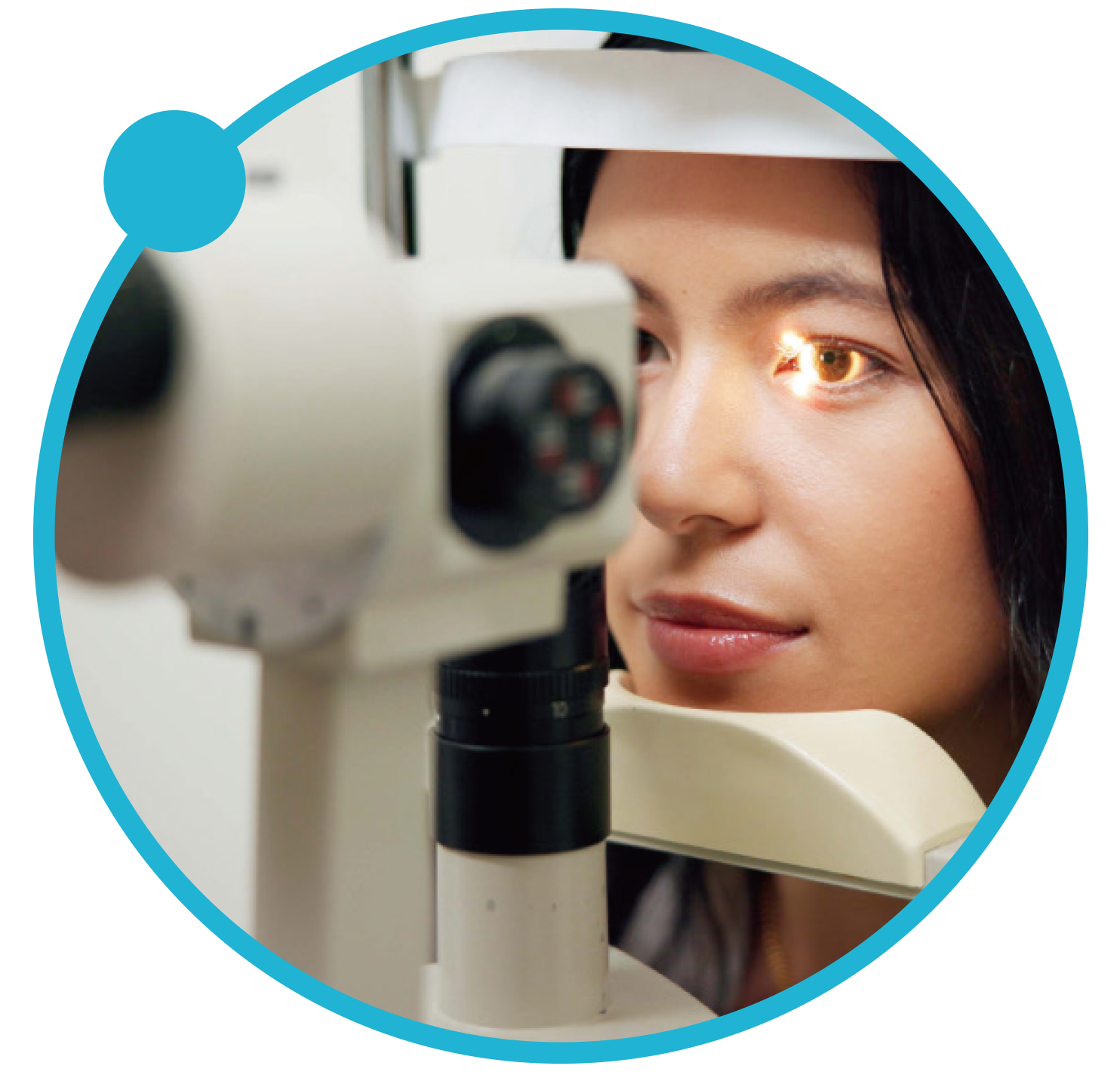
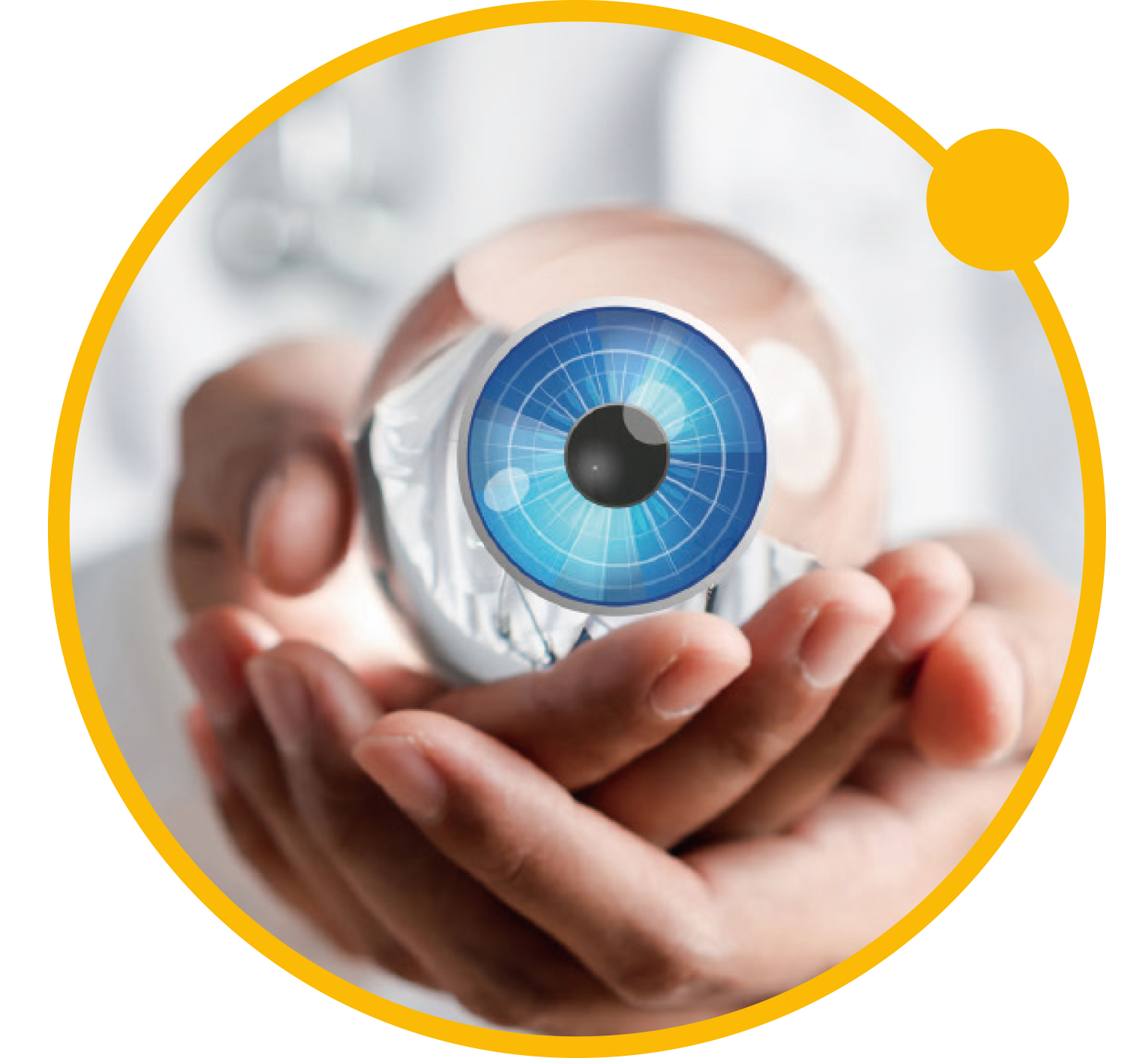
No Permanent Treatment
Even after corneal transplantation, corneal dystrophy can recur 1.
1 Chen M, Xie L. Features of recurrence after excimer laser phototherapeutic keratectomy for anterior corneal pathologies in North China. Ophthalmology, 2013, 120.6: 1179-1185.
Why choose
Avellino Refractive Surgery Genetic Test
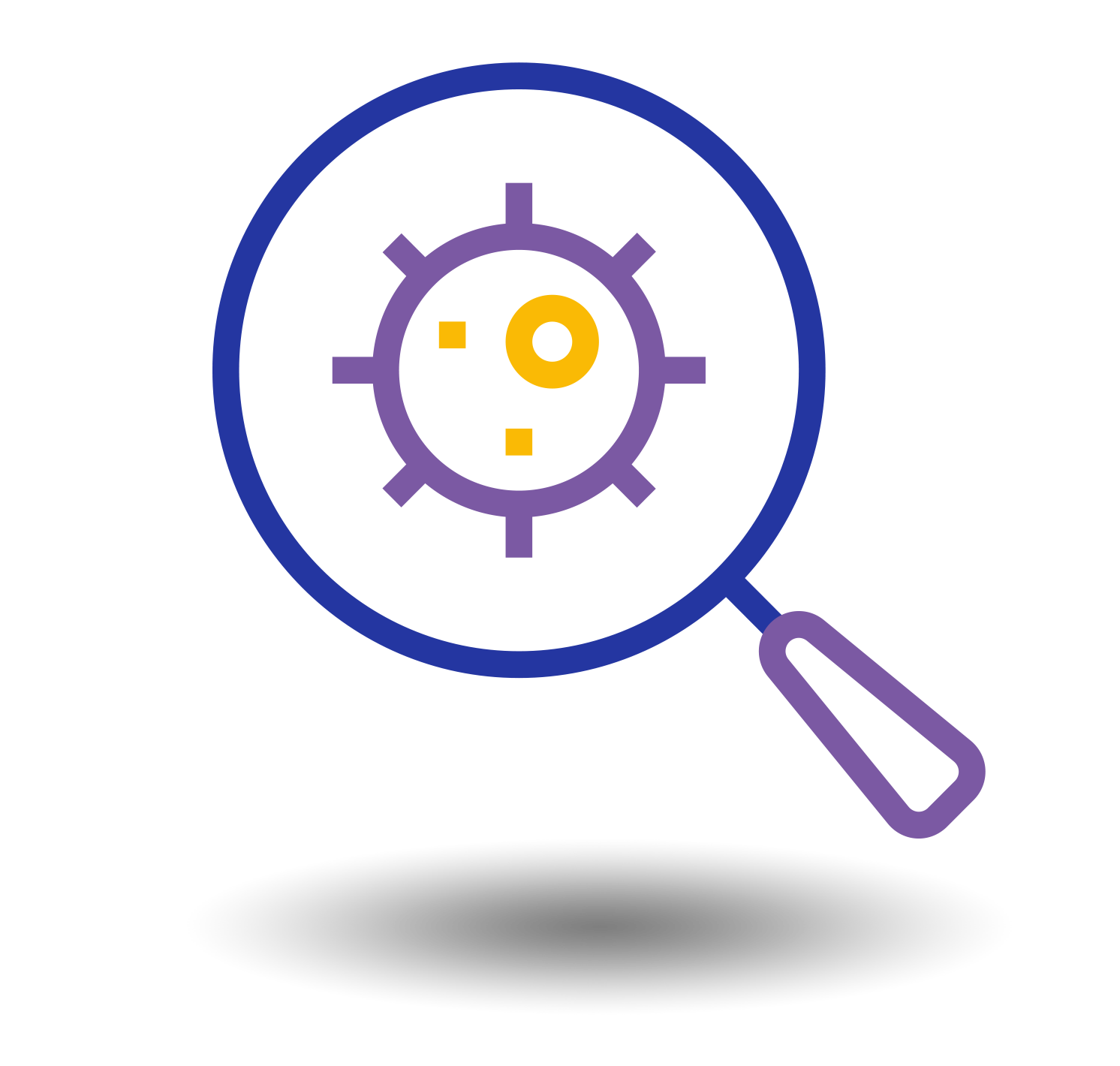

Testing Five Types of common TGFBI Mutations (R555W, R124H, R124C, R124L, R555Q) at once, covering the majority of corneal dystrophy cases.
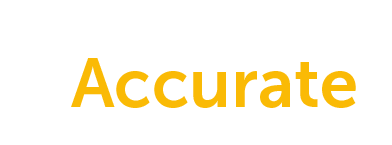
High sensitivity and specificity of the type/presence of corneal dystrophy
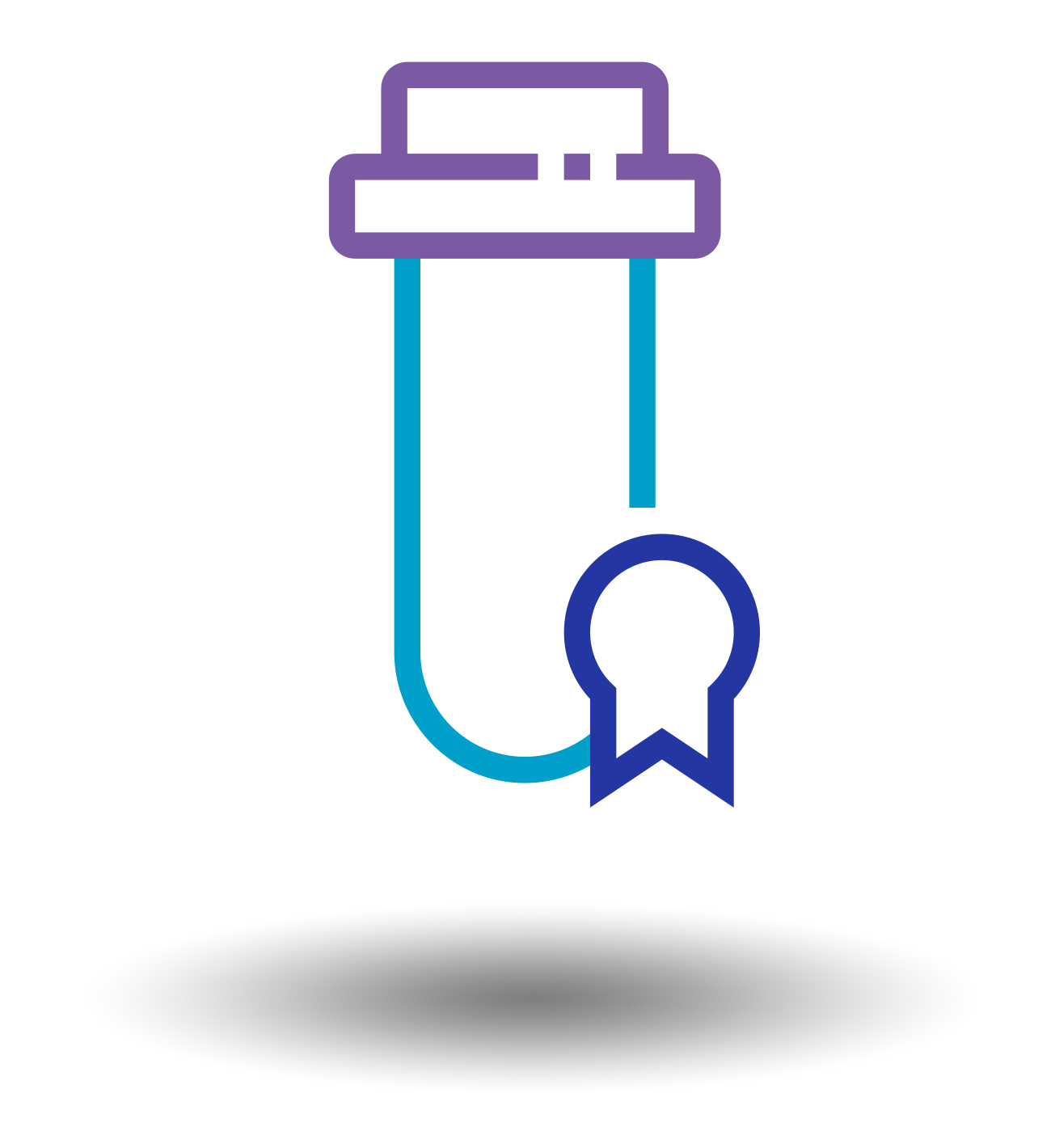

Widely adopted in ophthalmology centers and hospitals in South Korea and Japan


3 working day results
We have completed more than
one million genetic tests.
Over 2,100
carriers of corneal dystrophy genetic mutations
have been successfully identified, protecting them from potential serious vision damage. #

Simple Steps
Simple Steps to Complete the Test
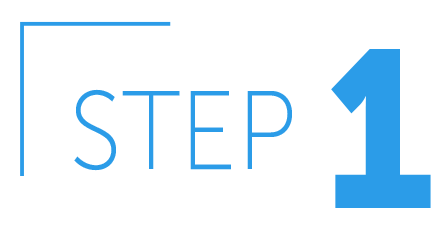
DNA sample collection
(Quick and simple oral swabs)
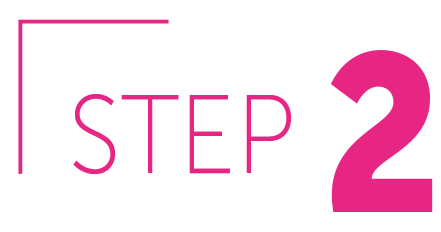
Call 3504 2738 for us to collect sample
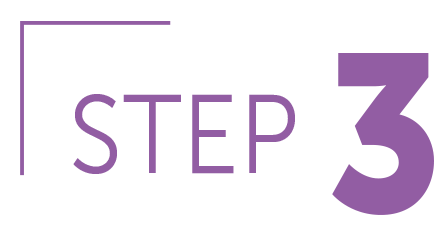
Test results within 3 working days
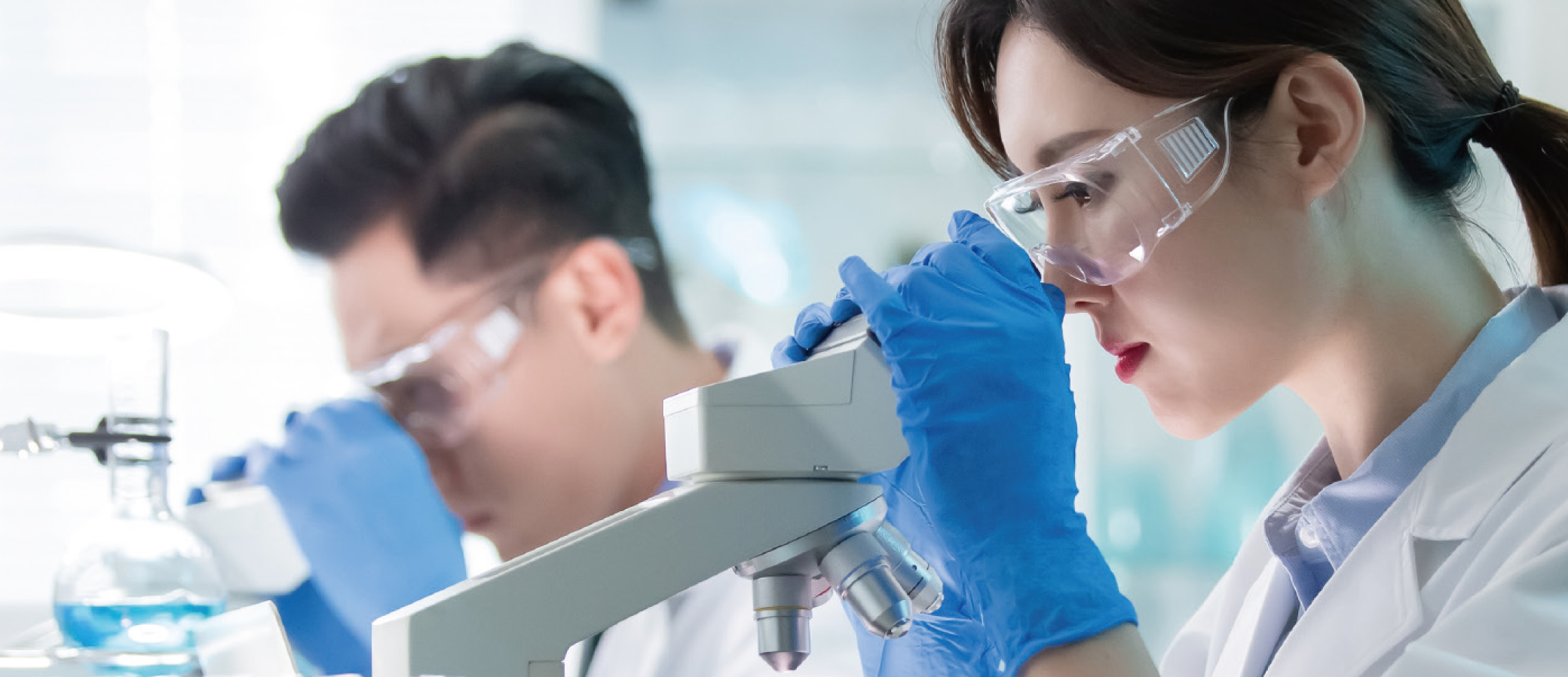

About Avellino Korea

Avellino Korea is a biotech company specializing in genetic diagnosis for eye diseases. Avellino Korea which has been a leader in the field of ophthalmology genetic test for over a decade, successfully conducting more than 1 million tests. This work has significantly contributed to preventing early blindness in thousands of individuals.
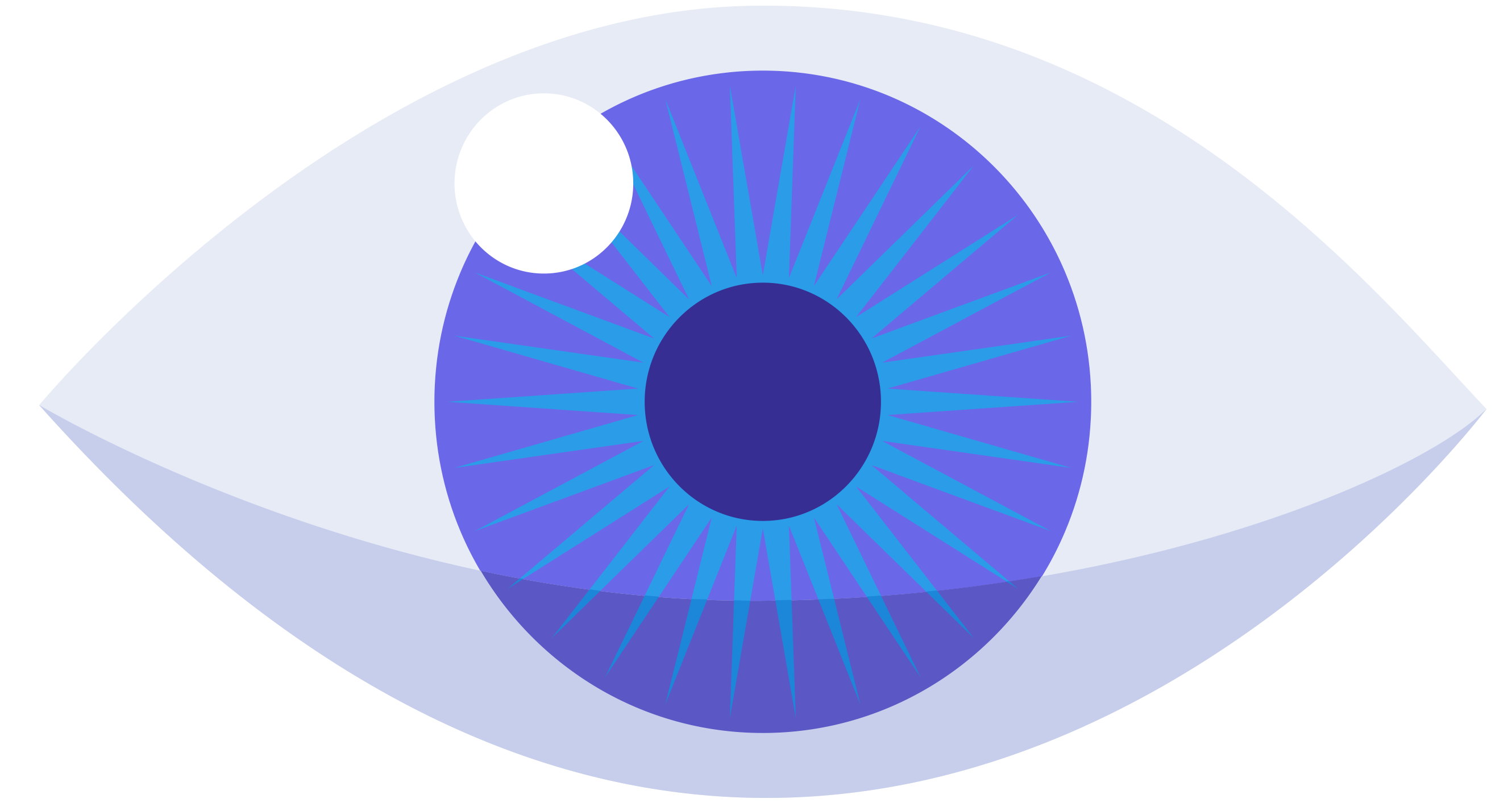
Frequently Asked Questions
Q1
What is Corneal Dystrophy?
A: Corneal Dystrophy is a hereditary eye disease affecting the cornea. A condition results from the accumulation of snowflake-like white protein deposits in the cornea, leading to clouding and potentially severe vision impairment, even blindness.
Q2
Will Refractive Surgery Accelerate the development of corneal dystrophy?
A: Many researches provide strong evidence showing that after laser eye surgery, the cornea may accelerate the development of corneal dystrophy during the recovery period. Once this condition occurs, it may lead to permanent vision damage that cannot be reversed.
Q3
Who is Refractive Surgery Genetic Test recommended for?
A: Anyone planning for refractive surgery (SMILE / LASIK)
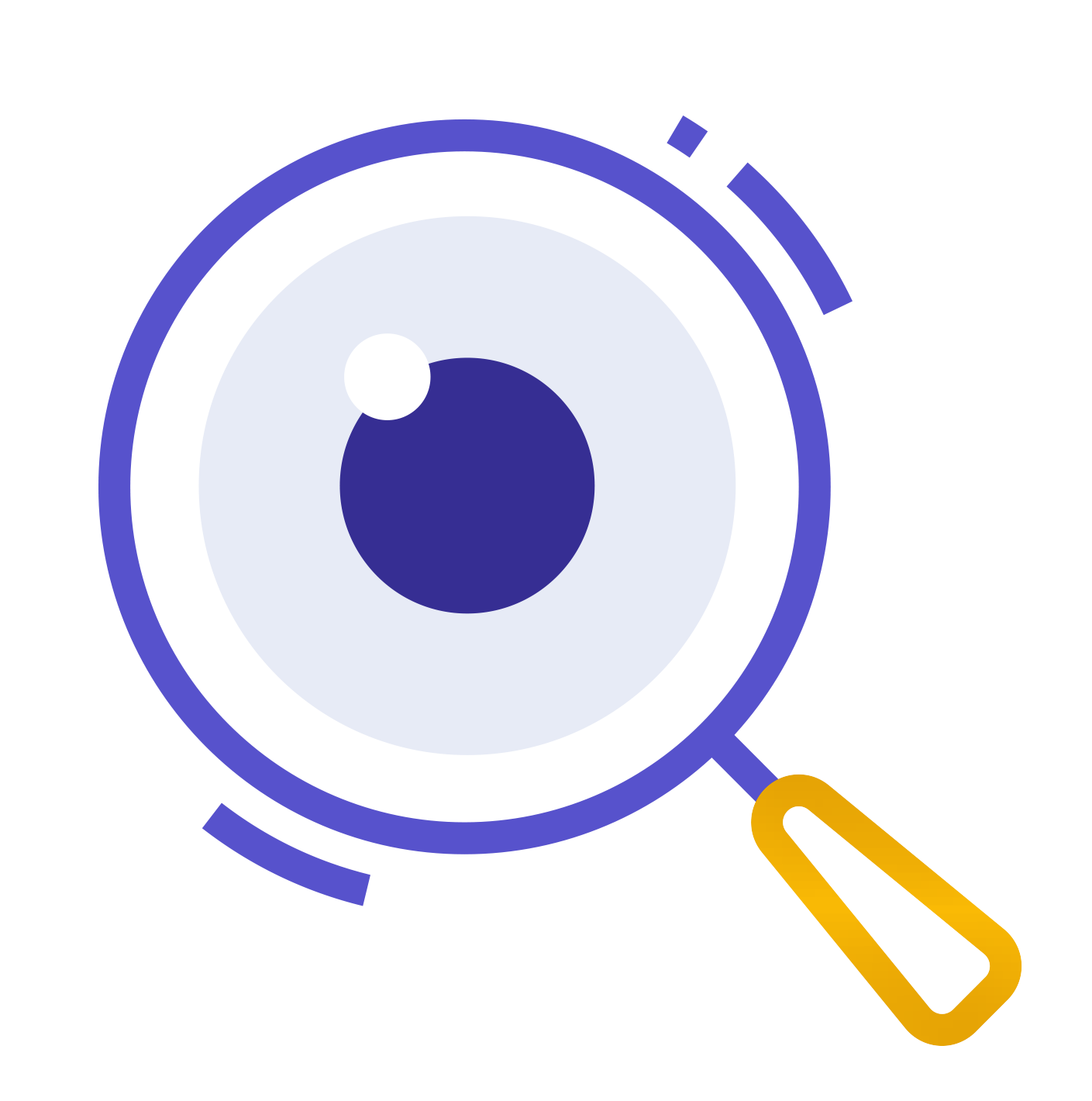
Anyone planning for refractive surgery (SMILE / LASIK)
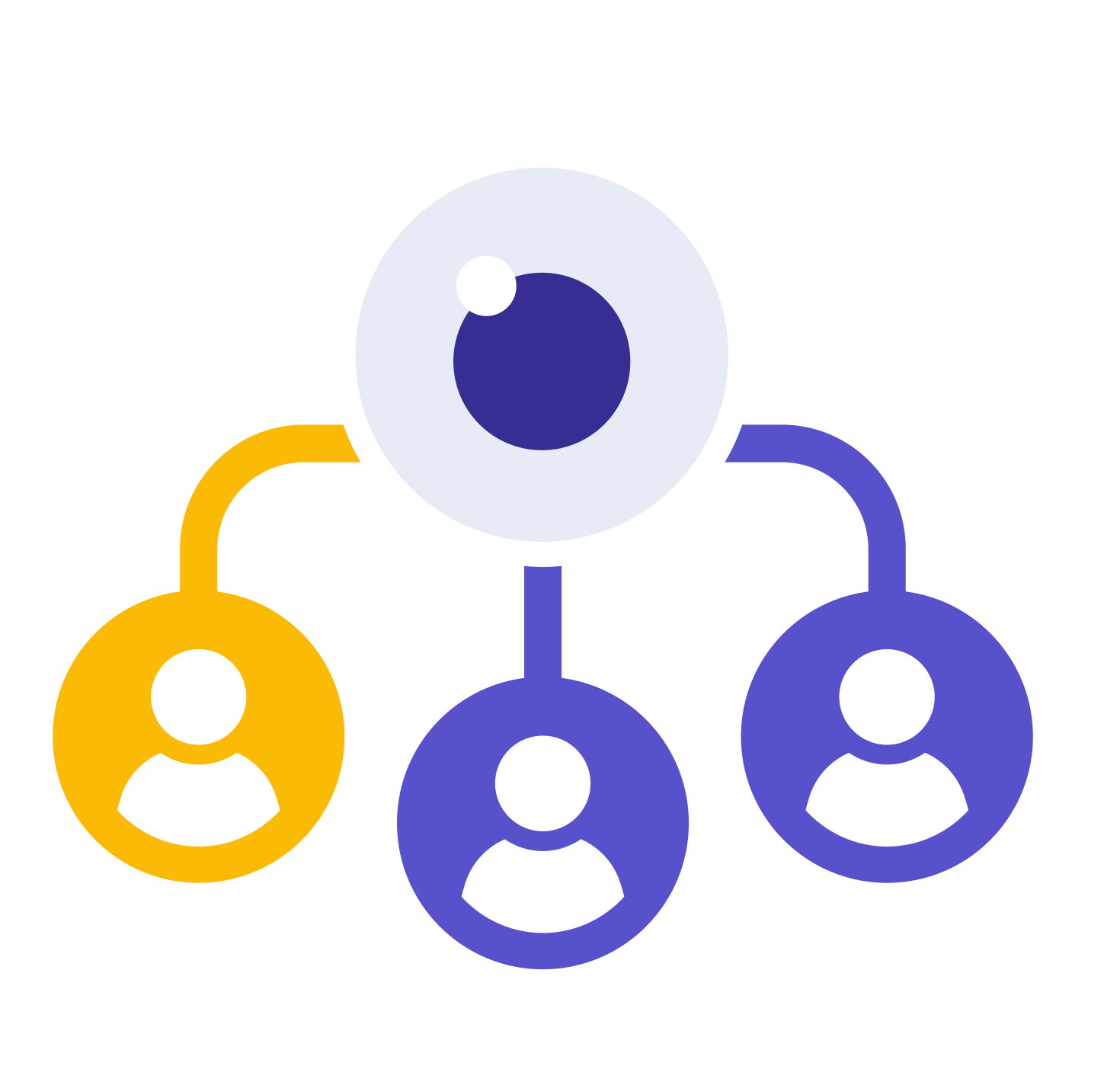
Individuals with family history of eye diseases who need assessment
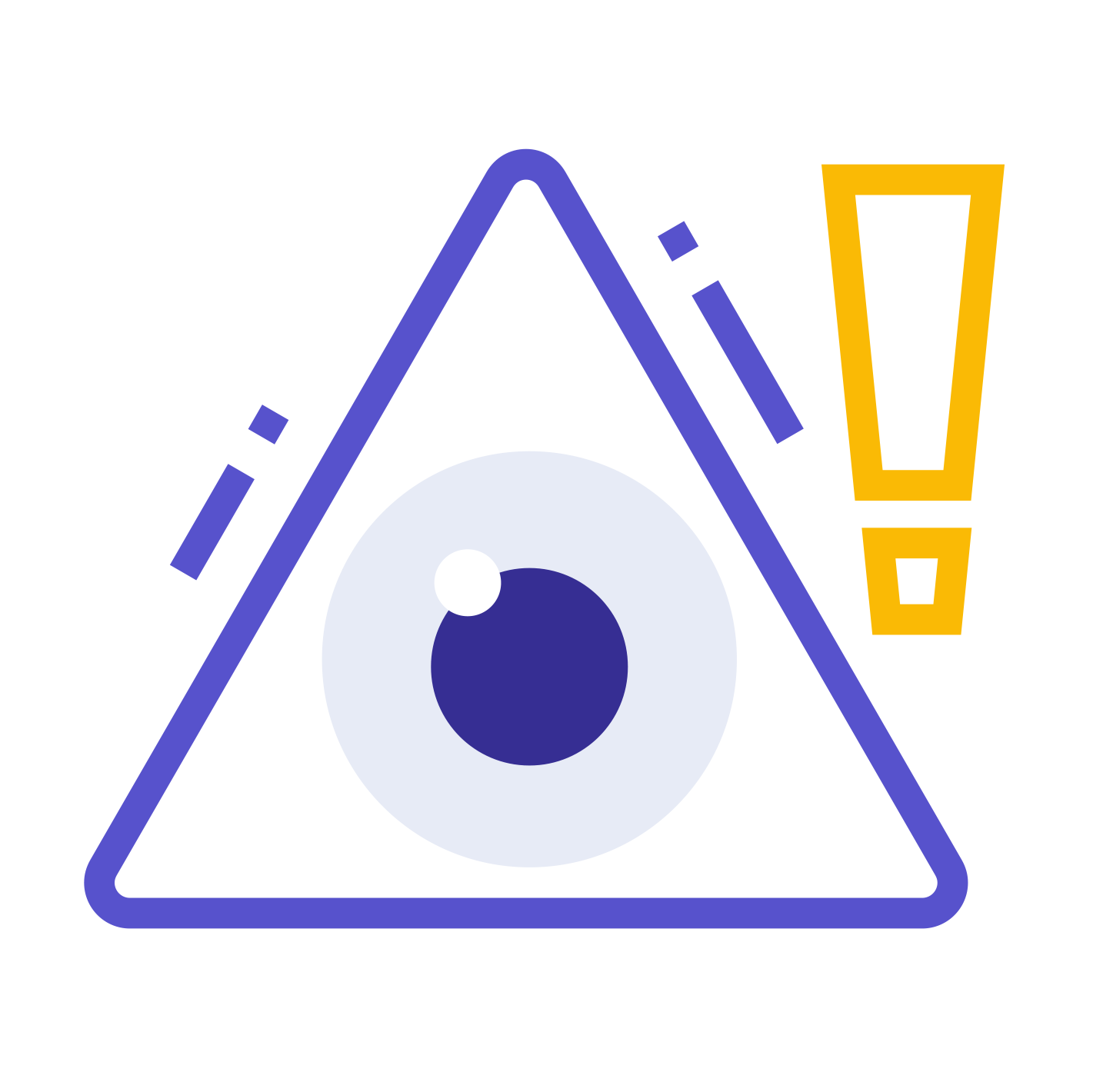
Individuals concerned about hereditary eye conditions, who seeking preventive eye care
Q4
Where will the test be conducted?
A: The sample will be tested at the Acuitylab Bioscience laboratory in Hong Kong.
References
- Chang MS, Jun I, Kim EK. Mini-review: clinical features and management of granular corneal dystrophy type 2. Korean journal of ophthalmology: KJO, 2023, 37.4: 340.
- Chen M, Xie L. Features of recurrence after excimer laser phototherapeutic keratectomy for anterior corneal pathologies in North China. Ophthalmology, 2013, 120.6: 1179-1185.
- C Chao-Shem et. al. Post-LASIK exacerbation of granular corneal dystrophy type 2 in members of a Chinese family. Eye (Lond). 2018 Jan;32(1):39-43.
- Extremely varied phenotypes in granular corneal dystrophy type 2 heterozygotes, Molecular Vision 2012 18:1755-1762
- Jiang X, Zhang H. Deterioration of Avellino corneal dystrophy in a Chinese family after LASIK. Int J Ophthalmol. 2021 Jun 18;14(6):795-799.
- Yu-Chih Hou et. al, Phenotype & Genotype correlations in patients with TGFBI-linked corneal dystrophies in Taiwan, Molecular Vision 2012 18:362-371
- Zhang FJ et al, Whether does the granular corneal dystrophy indicate for the excimer laser ablation surgery or not, Chin J Ophthalmol, 2011 Jul;47(7);580-3
The services provided by Acuitylab Bioscience Limited are for research use only, and they are not suitable for diagnostic and/or treatment use, unless otherwise instructed by licensed medical professionals.





